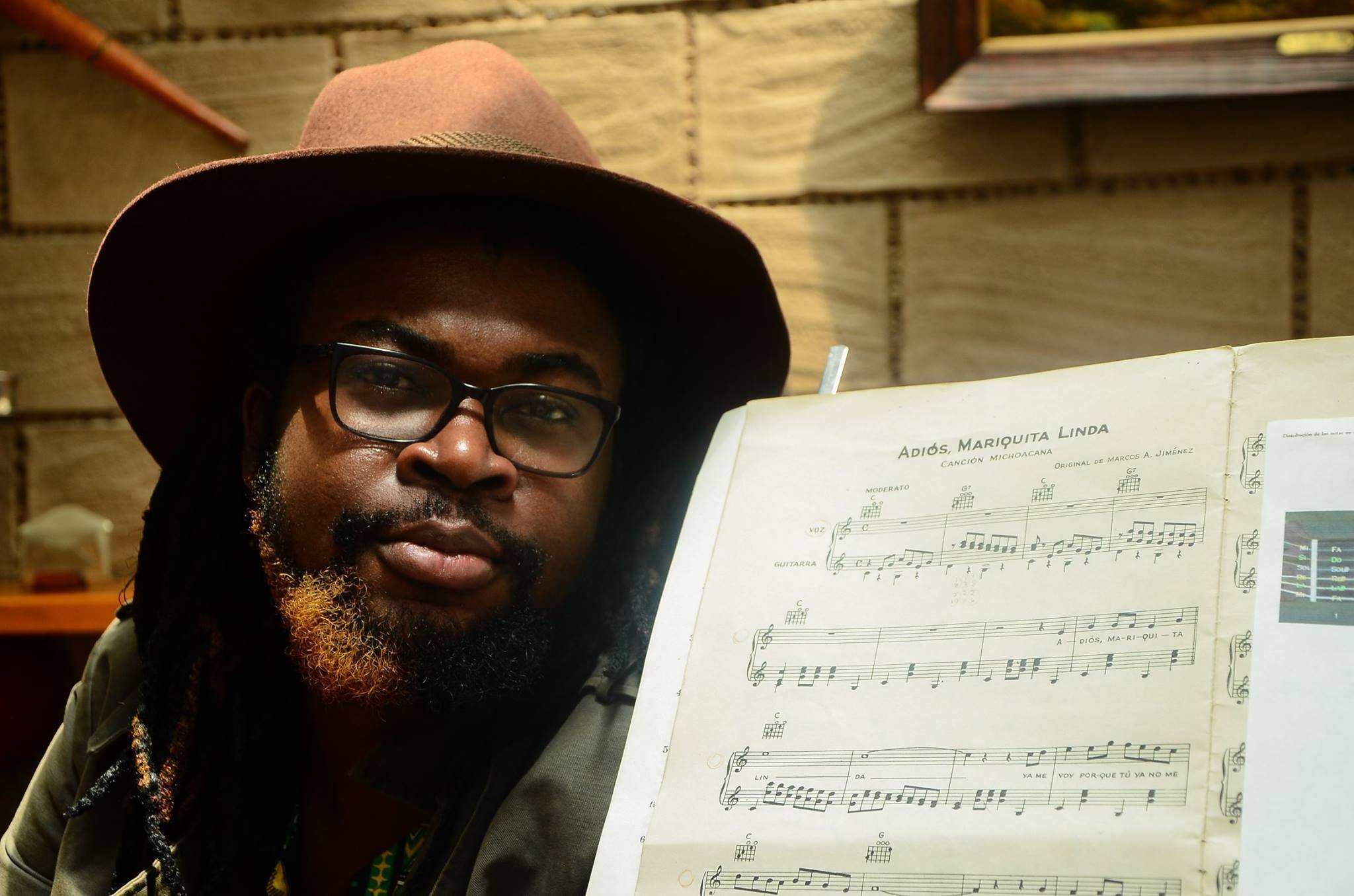by Onyeka Nwelue
Code of Silence, produced and directed by Emem Isong-Misodi was premiered on Friday, August 7, 2015 at the Silverbird Galleria.
It tells the story of Adanma (played by new-comer, Makida Moka), a beautiful young woman of 18 years old, loved by her brother, Chuks (played by Shawn Faqua), who teases her all the time to the point of making her cry and overly pampered by Mama (Patience Ozokwor). She is young and at once, naïve. Her naivety drives the narrative. It is through her eyes that we see everything, almost pulsating and moving, just like we want it.
Director Emem Isong –Misodi takes this story written by Bola Aduwo, boldly and firmly makes rape a theme that can be connected to, universally. At a point, a male character says, ‘Rape is an abomination.’
On a certain night, while returning from school after Chuks does not lead Adanma home, she is accosted by two men in black, who intimidate her, lying to her that they are police officers on ‘stop and search’. They ask for her identification, which she presents to them and they still on calling her a prostitute, then forcing her into their car. She is slapped after she tries to retaliate. The camera shows Adanma sprawled on the cushion in the house of Chief Arthur Igwe, a politician contesting for a seat in the Senate. He speaks calmly, then harshly and after a while, attacks Adanma and rapes her.
The narrative spins off from here. There is a certain way it feels to see a film about rape from the perspectives of women. It is glaringly graphic. What exasperates the more is the way it is handled by the cast; you get to laugh boisterously at the lines churned out by the cast.
Mrs Misodi has assembled a great cast and they have done really well, but this could have been done out of sentiments as most of the characters are unnecessary and could have been infused in each other. For the story too, it could have been shorter and limited to a degree that one could simply rely on the memorability of the characters. For all the hardwork, Chief James Nwafor’s character, played by Desmond Elliot does not add anything to the story and makes a caricature of the whole effort and should we not say that Omoni Oboli’s character, Mira, could have replaced him? Omoni does a better job in adding to the density of the story. In all honesty, Desmond Elliot didn’t need a role in this beautifully made film, with a stunning cast. Mr. Elliot should focus on politics and leave the stage for now, for people like Shawn Faqua and Benjamin Toutoui.
Makida Moka is a natural actress that I must say, as she saves most of the scenes that take us back to where we started from. Her beauty lies in the way she seamlessly becomes her characters. Her silence in some of the scenes deepens the surface of the tragedy the more. For a minute, it didn’t feel like acting. And what you can’t take away from Mrs Misodi is the joy she brings to our screens by turning relatively unknown faces into superstars. How she is able to figure the chemistry between Ms Moka and Mr. Touitou is astonishingly beguiling. I liked that there is a lot of humour in the whole dark story.
Code of Silence is a story, people with so many souls, but goes straight to treating an issue, at once, strange and sublime. Aside the scene where Chief Arthur’s gate man creates confusion to the vexation of the audience and the rushed up scene which shows Chief Arthur at a press conference, getting arrested, there is absolutely nothing wrong with this powerful ‘dramedy’, as Mama calls the mannerism of Uncle Gaby’s wife.
You should see Code of Silence and decide if people who have been raped should be helped to heal.
Onyeka Nwelue is an Assistant Professor of African Literature and Studies at the University of Manipur, Imphal and Visiting Lecturer of African Studies at the University of Hong Kong. He is currently on the Jury of the Woodpecker International Film Festival in India and his latest book is Hip-Hop is Only for Children.
The opinions expressed in this article are solely those of the author.







